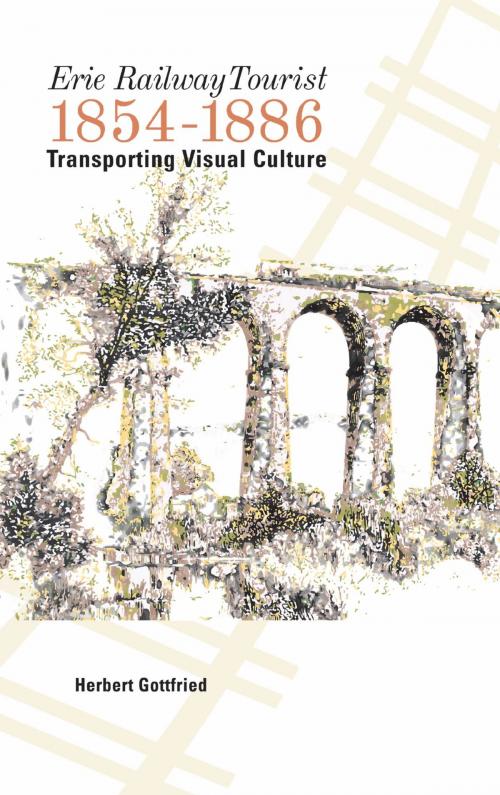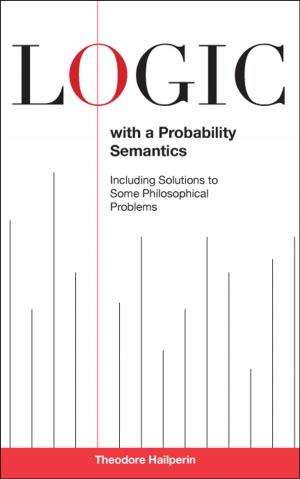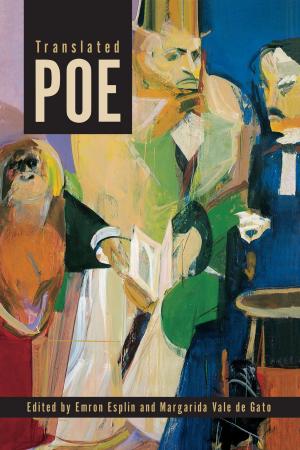Erie Railway Tourist, 1854–1886
Transporting Visual Culture
Nonfiction, Reference & Language, Transportation, Railroads, History, Americas, United States, 19th Century| Author: | Herbert Gottfried | ISBN: | 9781611462715 |
| Publisher: | Lehigh University Press | Publication: | October 31, 2018 |
| Imprint: | Lehigh University Press | Language: | English |
| Author: | Herbert Gottfried |
| ISBN: | 9781611462715 |
| Publisher: | Lehigh University Press |
| Publication: | October 31, 2018 |
| Imprint: | Lehigh University Press |
| Language: | English |
This book explores how the Erie Railway, in developing a series of sophisticated travel guides, made significant contributions to nineteenth-century visual culture and shaped the social life of Americans. The Erie Railway emerged during a time in which a societal response to the production of landscape paintings and prints led to a concurrent development of tourism. The era promoted a visual culture that encouraged scenic thinking in which closely viewed scenes and deep prospects became the basis for engaging physical landscapes and their representations. Revealing how visual culture apprehends aspects of reality that texts only partially grasp, the Erie guides became an important part of the commentary on the role of landscape in nineteenth-century American life. Their images and texts are worth our attention as annotations on the production of culture.
This book explores how the Erie Railway, in developing a series of sophisticated travel guides, made significant contributions to nineteenth-century visual culture and shaped the social life of Americans. The Erie Railway emerged during a time in which a societal response to the production of landscape paintings and prints led to a concurrent development of tourism. The era promoted a visual culture that encouraged scenic thinking in which closely viewed scenes and deep prospects became the basis for engaging physical landscapes and their representations. Revealing how visual culture apprehends aspects of reality that texts only partially grasp, the Erie guides became an important part of the commentary on the role of landscape in nineteenth-century American life. Their images and texts are worth our attention as annotations on the production of culture.















